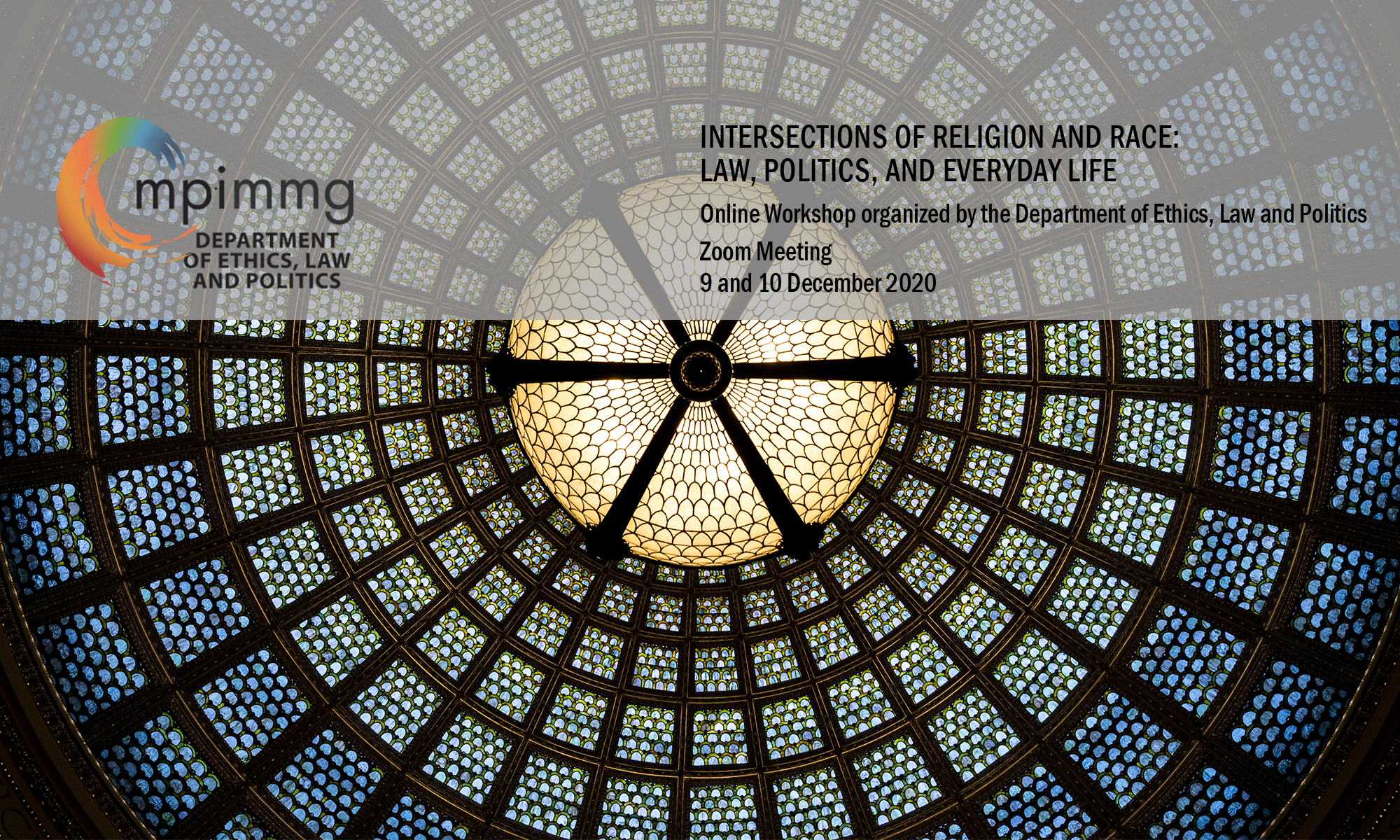The intricate relationship between religion and race has been fuelling both public debate and academic discussion. While the intersections of these categories have not yet received much attention in the political and legal realm, scholars have begun to pay closer attention to their intertwined histories and conceptual connections, pointing for example to the racialisation of religion and the importance of the ‘religion-line’ for the genealogy of race beyond colonial history and the colour-line. Indeed, current and historical forms of exclusion, such as for example antisemitism and Islamophobia, complicate attempts to draw any neat delineation of race and religion. What would it mean to consider religious and racial formations in tandem and how can it illuminate current and historical forms of exclusions?
The blurry line between religion and race raises not only theoretical but also practical questions: Does discrimination against Jews and Muslims constitute racial or religious discrimination, or both? What are the consequences of this distinction and/or intersectionality for available mechanisms of protection and for avenues of political resistance? To which extent can we describe judicial and legislative attempts to ban religious practices, such as infant male circumcision, religious slaughter, and the headscarf as more or less covert expressions of antisemitism and/or Islamophobia? What is the relationship between secularism and race?
The complicated relationship between religion and race also impact on people’s social positioning and self-identification, as for example research on white and non-white converts to Judaism and Islam or on Afro-Jews and Jews of Colour shows. How have specific geographical, historical, and national contexts shaped the relationship between religion and race? How do the intersections of race and religion impact social, legal, and political discourse and how are different minority religions and racialised groups played out against each other?
These are some of the questions and issues the workshop aims to explore by bringing together scholars from a range of different disciplinary, theoretical, and methodological perspectives.
If you have any questions, please write to Dr. Mareike Riedel, Postdoctoral Research Fellow, Department of Ethics, Law and Politics (riedel@mmg.mpg.de).
